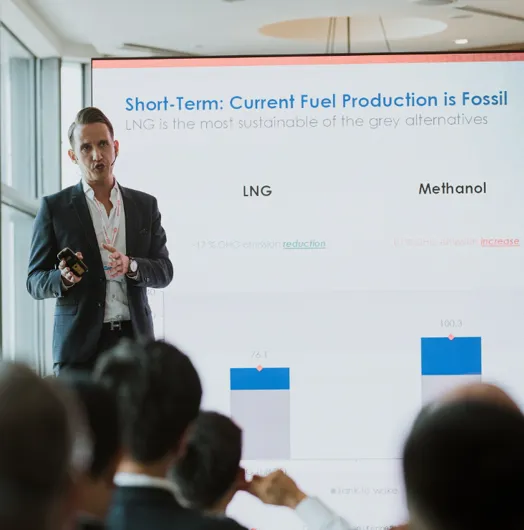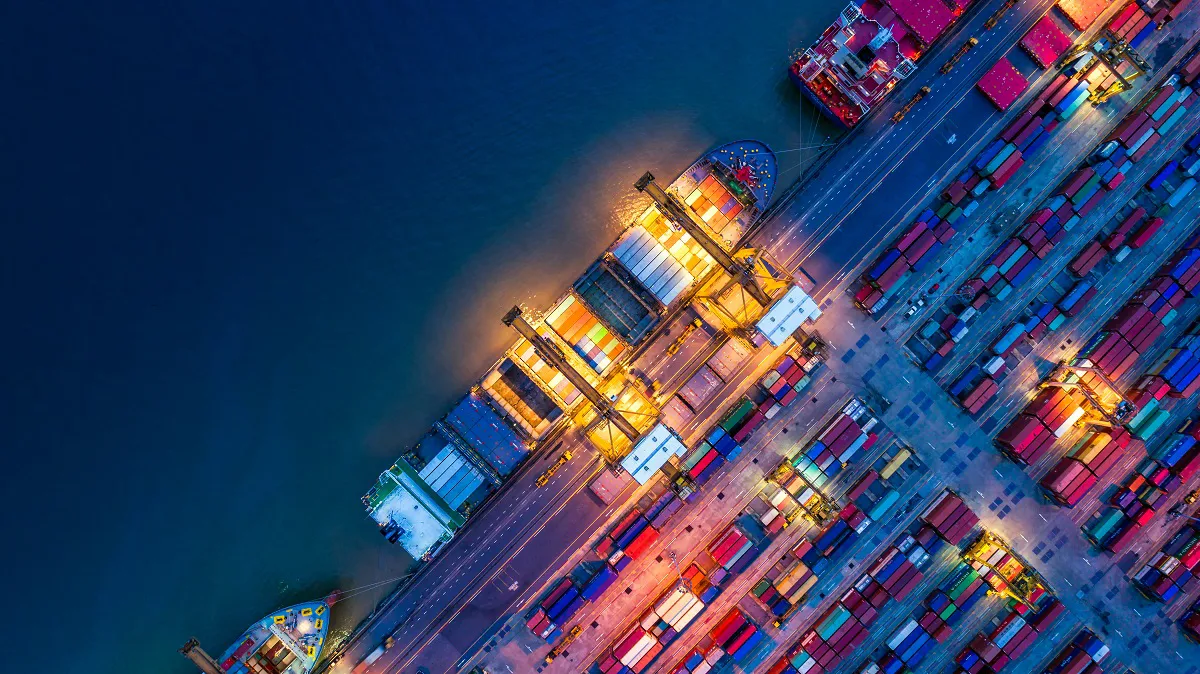
Green Technology Tracker: Record Investments in Alternative Fuel
Clarksons Research have today released their latest Green Technology Tracker, including full year 2024 data points, charting the progress of alternative fuel uptake and investments in energy saving technologies across the global shipping fleet.

How are brokers helping to drive the fuelling transition?
How are ship brokers helping to drive the fuelling transition?

Green Technology & Alternative Fuel Uptake
Clarksons Research have recently released their latest Green Technology Tracker, including first half 2024 data points, charting the progress of alternative fuel uptake and investments in energy saving technologies across the global shipping fleet.





















